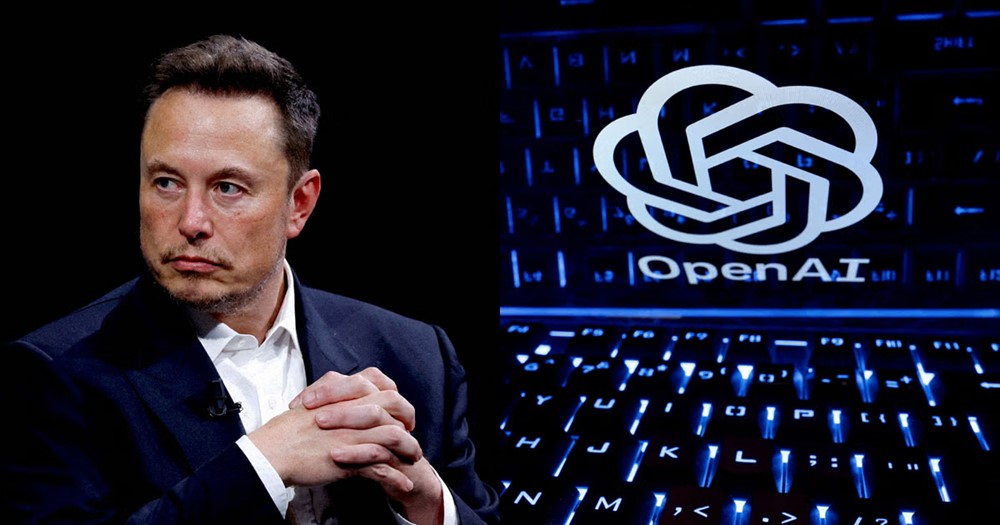A new front has opened in the long-running legal and public battle between OpenAI and its co-founder-turned-fiercest-critic, Elon Musk. Reports suggest that OpenAI is deploying an aggressive legal strategy in the ongoing lawsuit with the billionaire, focusing attention on the non-profit organizations and policy advocates who have become the company’s strongest detractors.

OpenAI is reportedly seeking evidence through subpoenas to determine whether Musk has secretly financed these advocacy groups. These organizations, which often push for greater transparency and stricter regulation in the AI sector, have vocally criticized OpenAI's controversial transition from a non-profit entity—a shift that Musk himself claims violated the organization's initial founding agreement.
Context of the Legal Battle
The conflict stems from OpenAI's 2019 decision to transition to a “capped-profit” model, OpenAI LP, in order to attract the massive capital required for developing Artificial General Intelligence (AGI). Musk, one of the most significant initial donors who committed tens of millions of dollars, views this move as a betrayal of the 2015 founding charter. The organization’s original goal was to develop AGI safely and openly for the benefit of all humanity.
In his lawsuit, Musk accuses OpenAI of breaking this promise by essentially becoming a profit-oriented subsidiary, working closely with Microsoft. He argues that this partnership prioritizes shareholder value and commercial interests over the core principles of openness and safety, pointing specifically to the fact that OpenAI has ceased publicly sharing most of its research.

Conversely, OpenAI defends its transition by citing the immense cost required to train advanced models—estimated to be billions of dollars annually. They maintain that the capped-profit structure was the only viable path to raise the necessary capital, without which their AGI mission would have failed entirely.
The Subpoena Strategy
This new legal strategy has been highlighted by recent incidents involving prominent AI policy advocates who received legal demands from OpenAI. One notable event involved non-profit lawyer Nathan Calvin being personally served a subpoena during a legislative debate over California’s AI regulation bill, SB 53.
The target of the investigation appears to be organizations like Calvin’s Encode, and other groups that frequently issue public letters and statements calling for higher safety standards and less opacity from AI developers. OpenAI is reportedly attempting to establish a direct link between Musk’s financial support and the timing or intensity of this anti-OpenAI advocacy.
A Complex Criticism Network

The situation is further complicated by the fact that many of these same organizations and policy experts are not universally supportive of Musk’s own AI ventures. While they criticize OpenAI for moving away from its open-source roots, some have also expressed profound concerns about the safety and guardrails of Musk’s competing AI company, xAI, and its chatbot Grok. This suggests their opposition is rooted in principles of AI safety, independent of any specific company's commercial interests.
The move indicates that OpenAI is seeking to reframe the conflict, not merely as a high-minded debate over AI ethics, but rather as a direct, commercially motivated attack orchestrated by Musk, who now runs a rival AI firm. By attempting to tie their critics directly to a competitor, OpenAI hopes to undermine their credibility.
Potential Impact on AI Policy
If successful, OpenAI’s tactic—trying to prove that its critics are financed by a commercial rival—could effectively discredit genuine concerns about regulation and safety. This could cause a "chilling effect" for honest policy experts, making them fear legal retaliation from powerful tech companies when engaging in public discourse.
The outcome of this legal battle will not only determine the financial fate of the companies involved but will also profoundly influence how future AI regulations are perceived and debated globally. It underscores the mounting tension between the necessity for rapid innovation and the urgent need for oversight and accountability in the burgeoning field of artificial intelligence.
